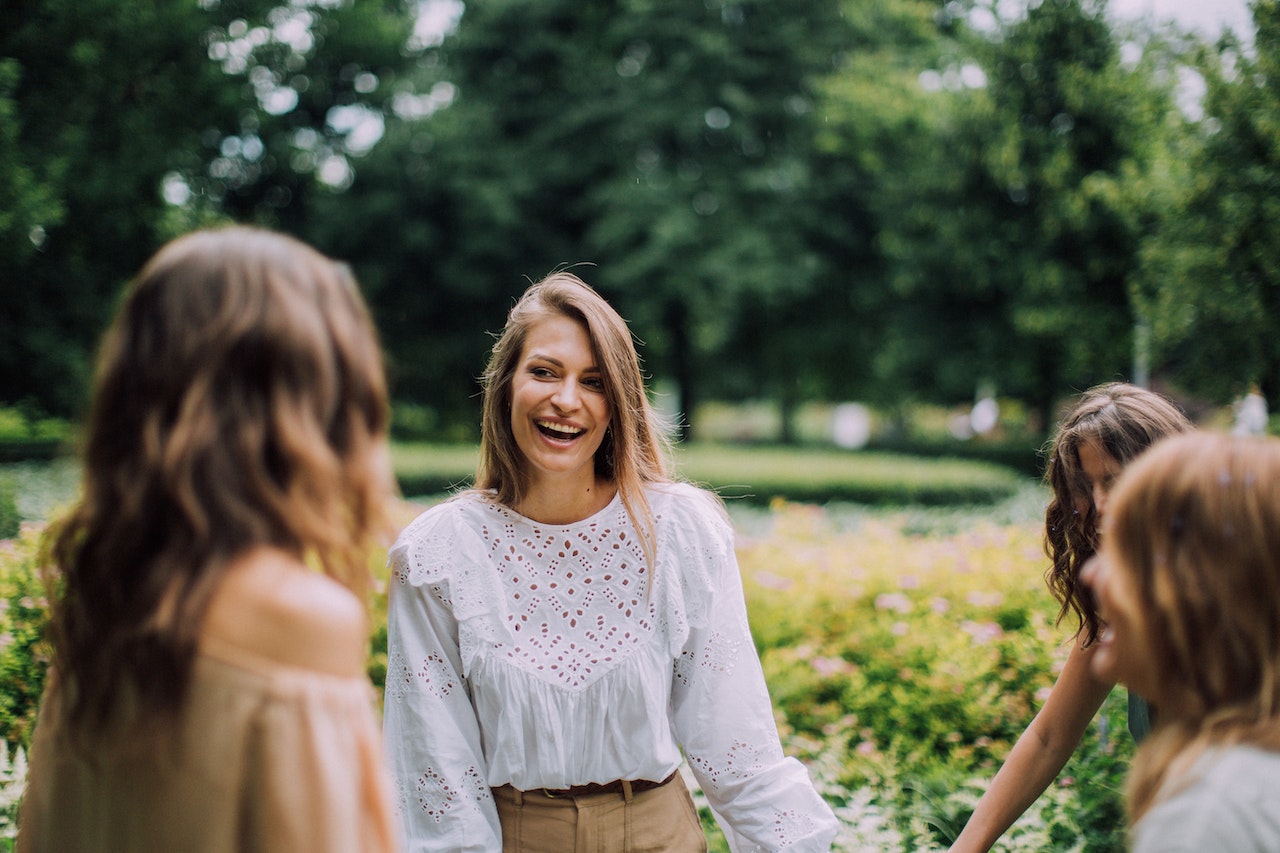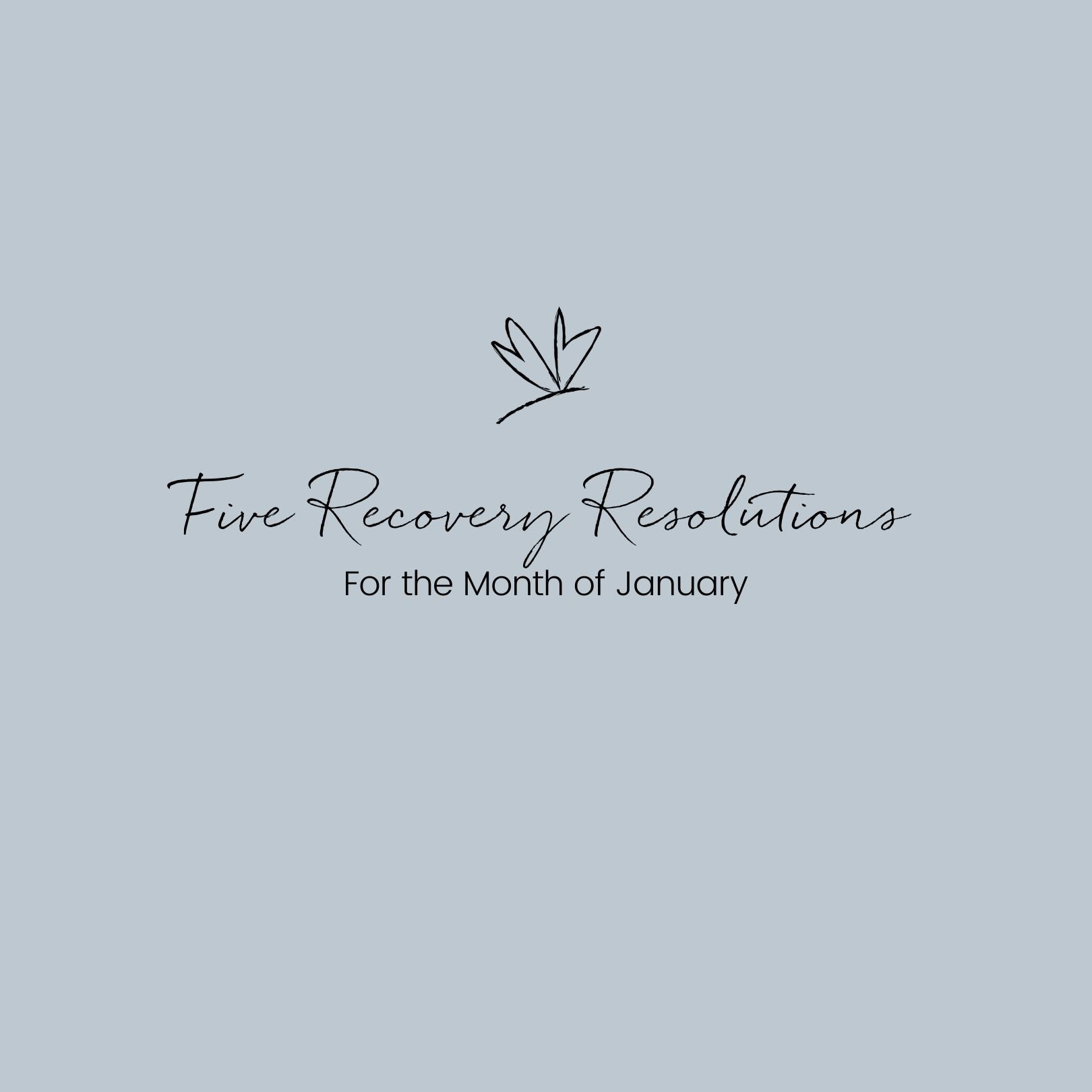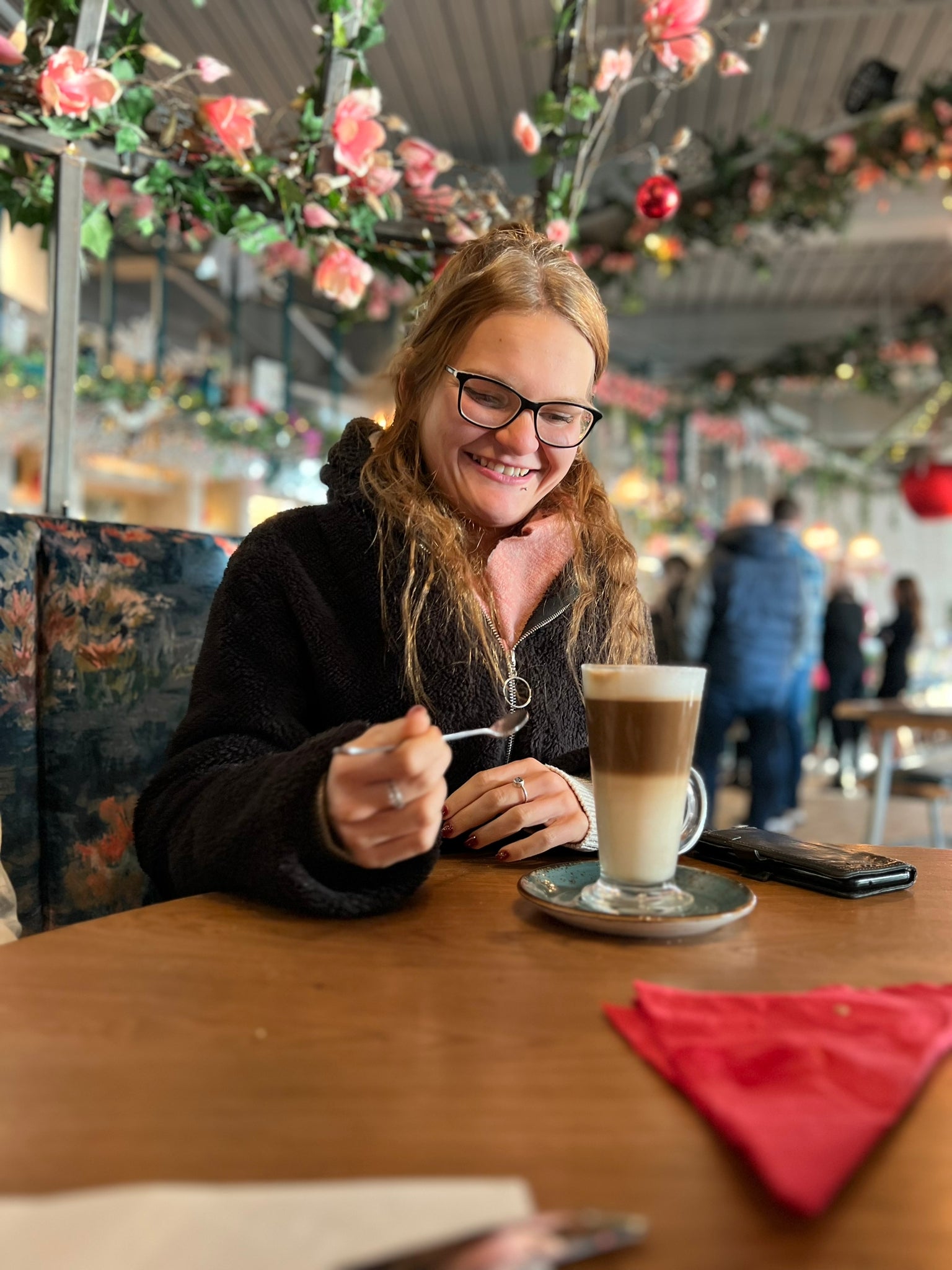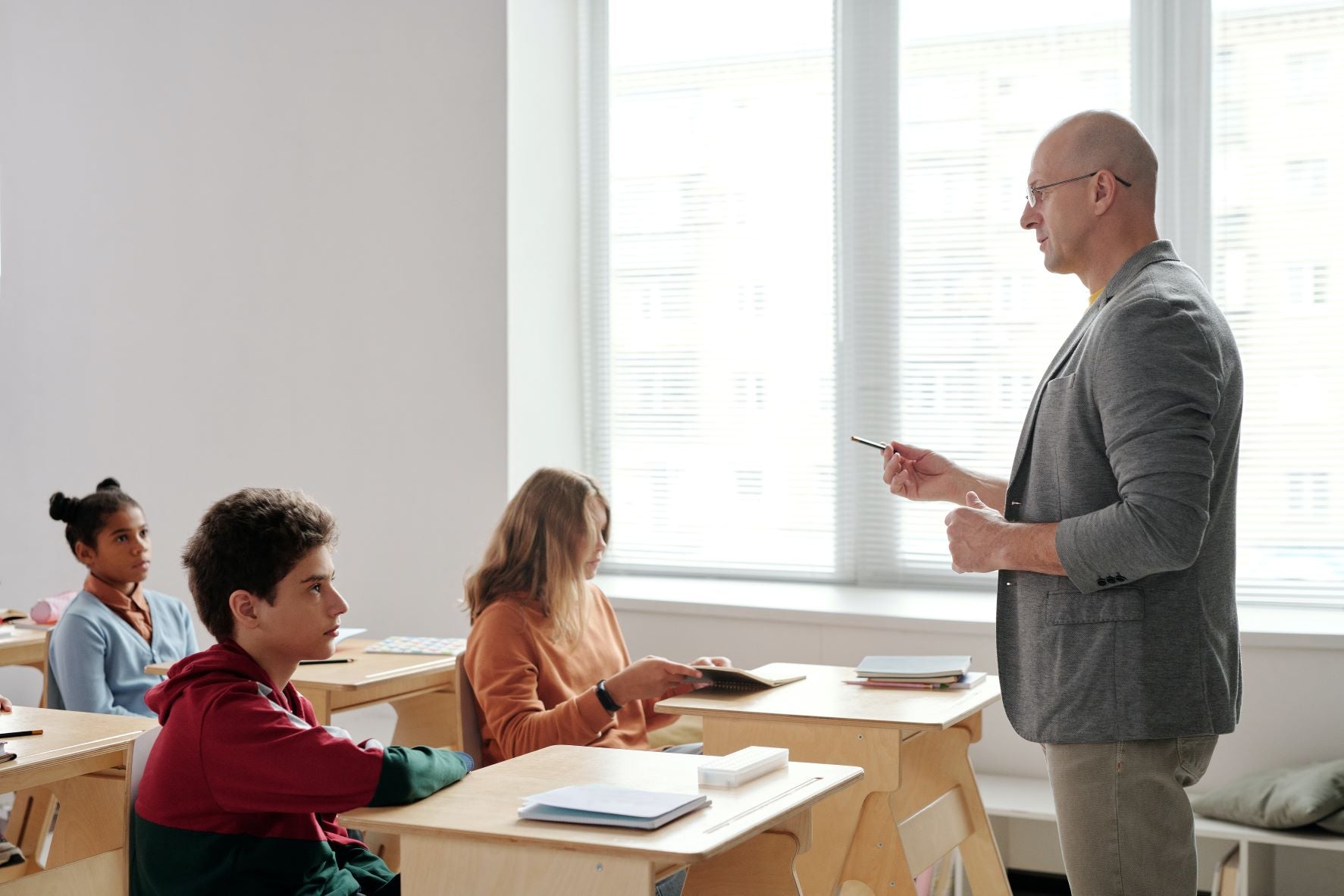Why Befriending Works for Me (in defeating my E.D)
Our latest first-person blog comes courtesy of Abi Reynolds, who wanted to reflect on the benefits befriending has brought to her recovery.
“For the past few months I’ve been fortunate enough to have a befriender through the befriending programme at Wednesday’s Child.
Having developed my eating disorder in my mid 30s and being a mum of two young kids, so many of the resources out there, the recovery tips or stories people share and the recovery “gurus” on social media don’t feel terribly relevant to me or are aimed at much younger sufferers or parents of those with eating disorders.
It can feel quite isolating and lonely when you don’t fit the stereotypical “person-with-an-eating-disorder” bill, and feed into the feelings of shame or guilt at having an eating disorder when you’re “older” and have children to consider.
Wednesday’s Child were amazing at connecting me with a befriender whose experience was similar to mine in lots of really significant ways.
It meant we could quickly build up a good rapport and mutual respect, and that she could meet me where I was in my recovery with a really empathetic and knowledgeable understanding of the challenges that are specific to my circumstances and stage of life.
Recovery from an eating disorder involves a lot of explaining, sharing and navigating difficult interactions around your illness; sometimes with professionals but even more frequently with your friends and family.
Much as the people who love you want to be as supportive and understanding as possible, it can be hugely draining to consistently try to communicate your thoughts, feelings and struggles to them if they have no personal experience of living with an eating disorder, or if they’ve heard you express the same thought 100 times before.
At times it can make you feel even more alone because if they don’t really understand what you’re trying to communicate, you can feel an additional sense of isolation.
My befriender truly “gets it”; she’s been there, she knows how intense the eating disorder can feel, how relentless and exhausting it is trying to challenge it 24/7, and what a minefield it is trying to prioritise and commit to recovery when you have all the responsibilities, challenges and distractions that being a grown-up entails.
Having someone with that kind of lived experience makes me feel so much less alone. Nothing I say shocks or surprises her, and I never, ever feel judged or patronised.
She is an incredible source of hope, advice and support, and it’s amazing to be able to ping her a text or have a quick catch-up call when I’m having a particularly tough day or am fighting a disordered urge I know she has had to challenge herself over and over again and has conquered.
I cannot recommend the befriending service highly enough. It has been a lifeline during this strange and isolating year, and such an important and valuable part of my recovery.”
- Dec 2020





